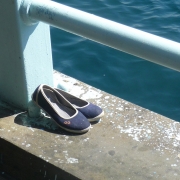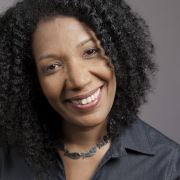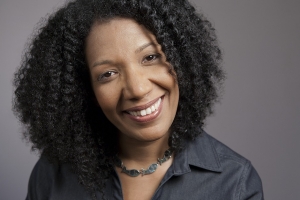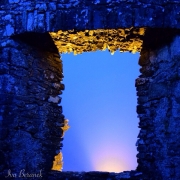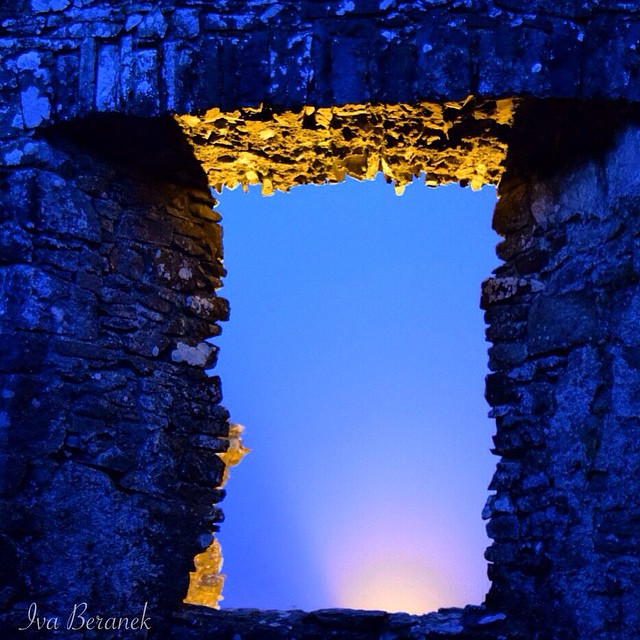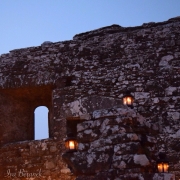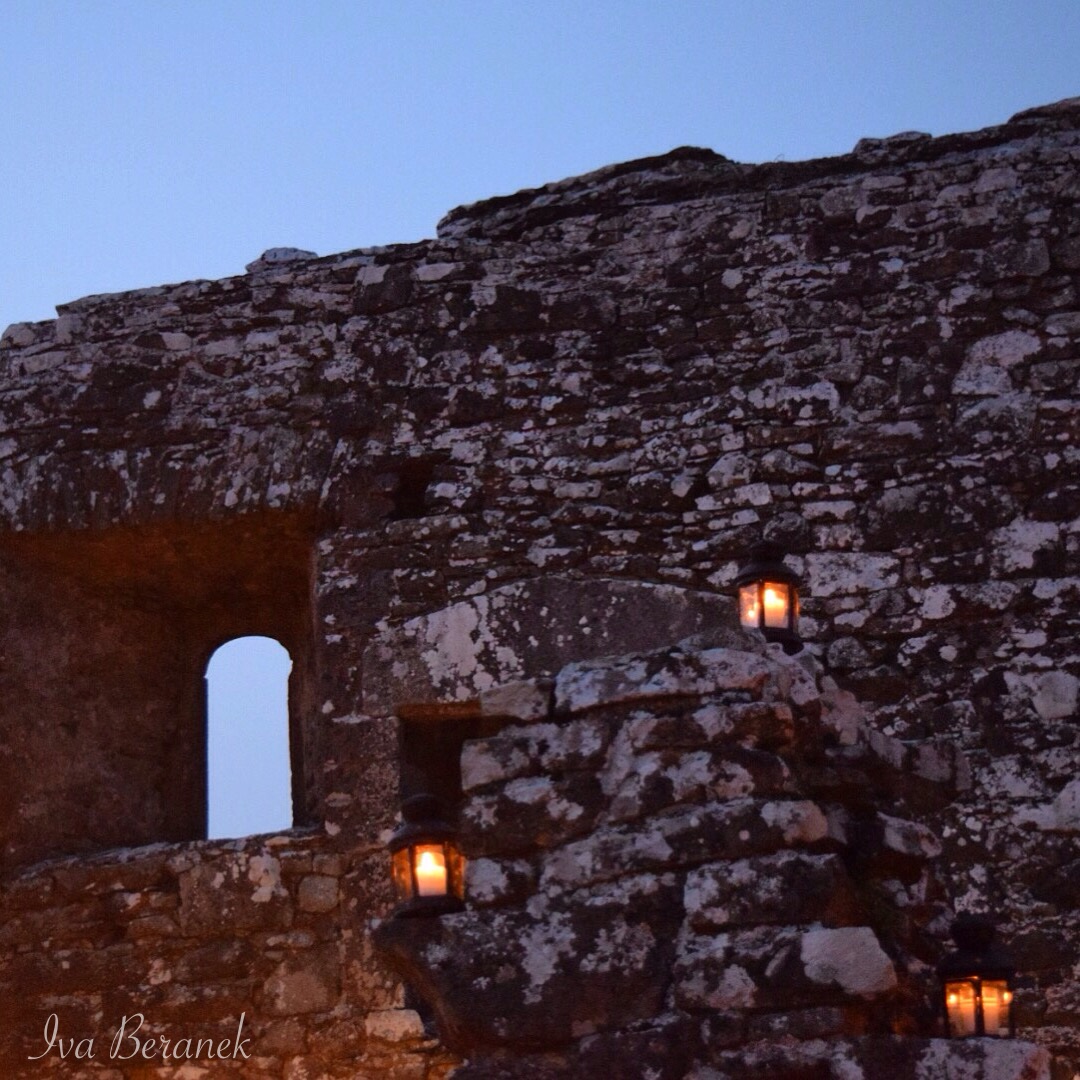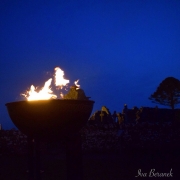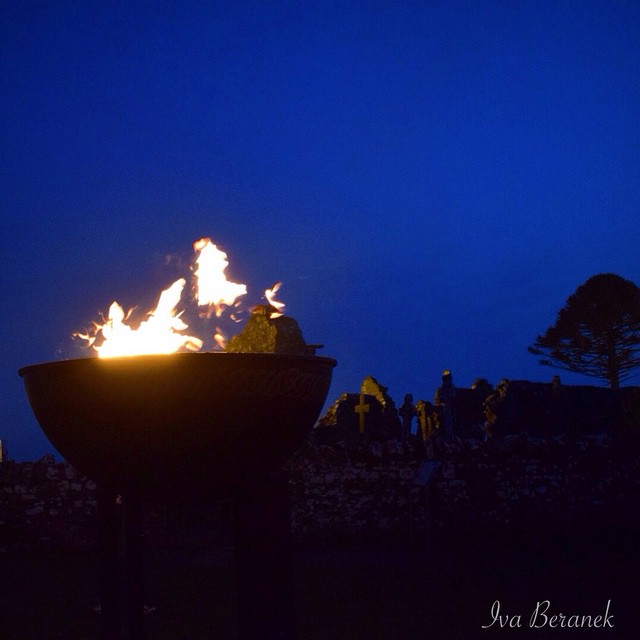Wellspring
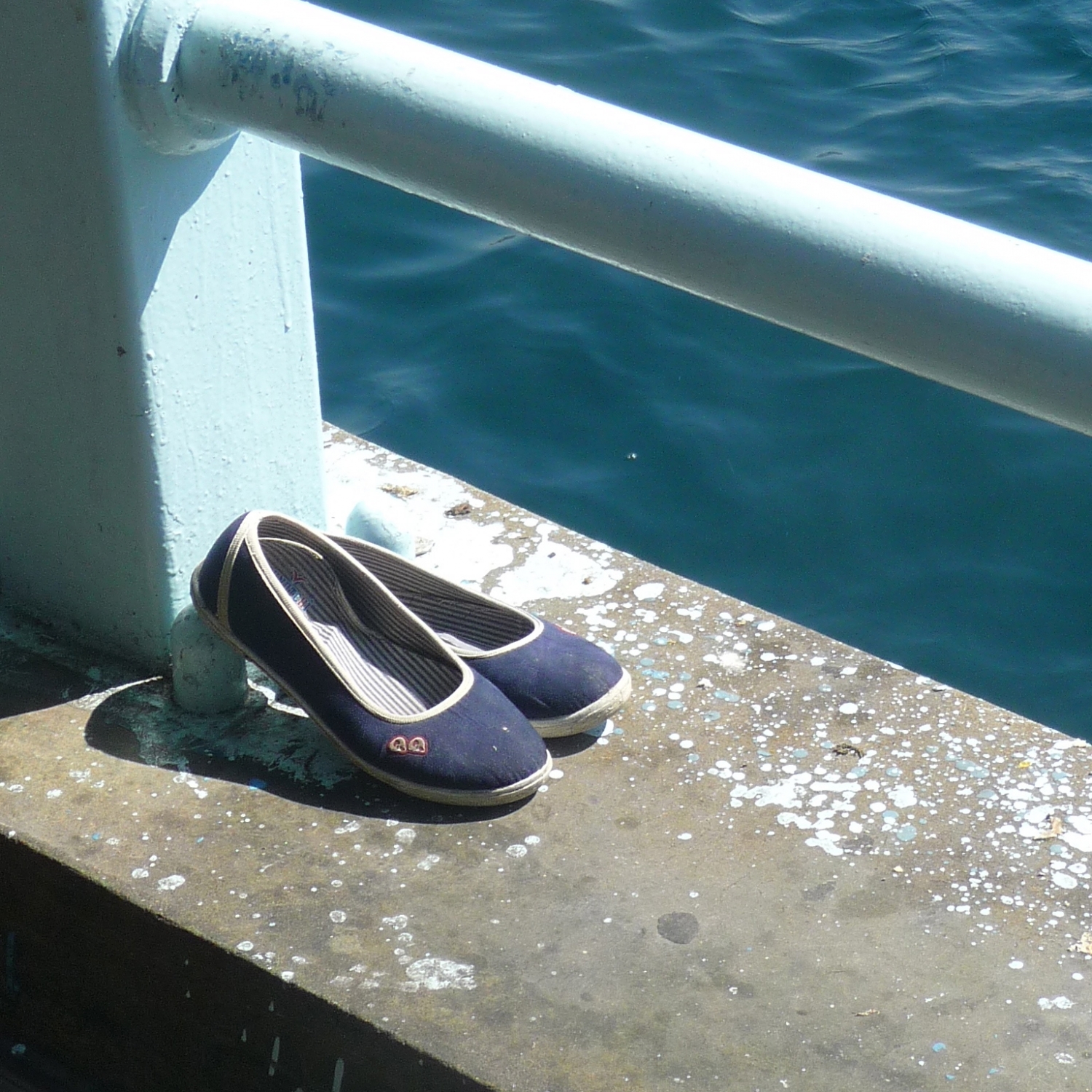
Come to the well.
The well is deep.
Wellspring is a one-day retreat incorporating Christian mindfulness and biblical reflection, to which all are welcome. It’s a chance to spend some time apart from the noise of the world, to be fully present to yourself and to your communion with God, so that by the end of the day, you can re-enter the world refreshed.
A series of nurturing silences in which you can choose to pray, read, take a walk, or even have a little snooze will be interspersed with a few guided (and optional) reflections led by facilitators Iva Beranek, Carol Casey, and Jessica Stone. There will also be an opportunity to avail of one-to-one discussion with a spiritual director.
CMH: Ireland is offering Wellspring for the first time on the weekend of Pentecost, an apt time to bring our attention to the Breath of God within us. The day will begin at 9.45am at the Church of Ireland Theological Institute and conclude by 4.00pm.
The cost is €40, including coffee & tea, lunch and parking. Places must be booked in advance (hello@ministryofhealing.ie).
Forthcoming dates for Wellspring:
Saturday, 5 December 2015
Saturday, 5 March 2016
Saturday, 21 May 2016

